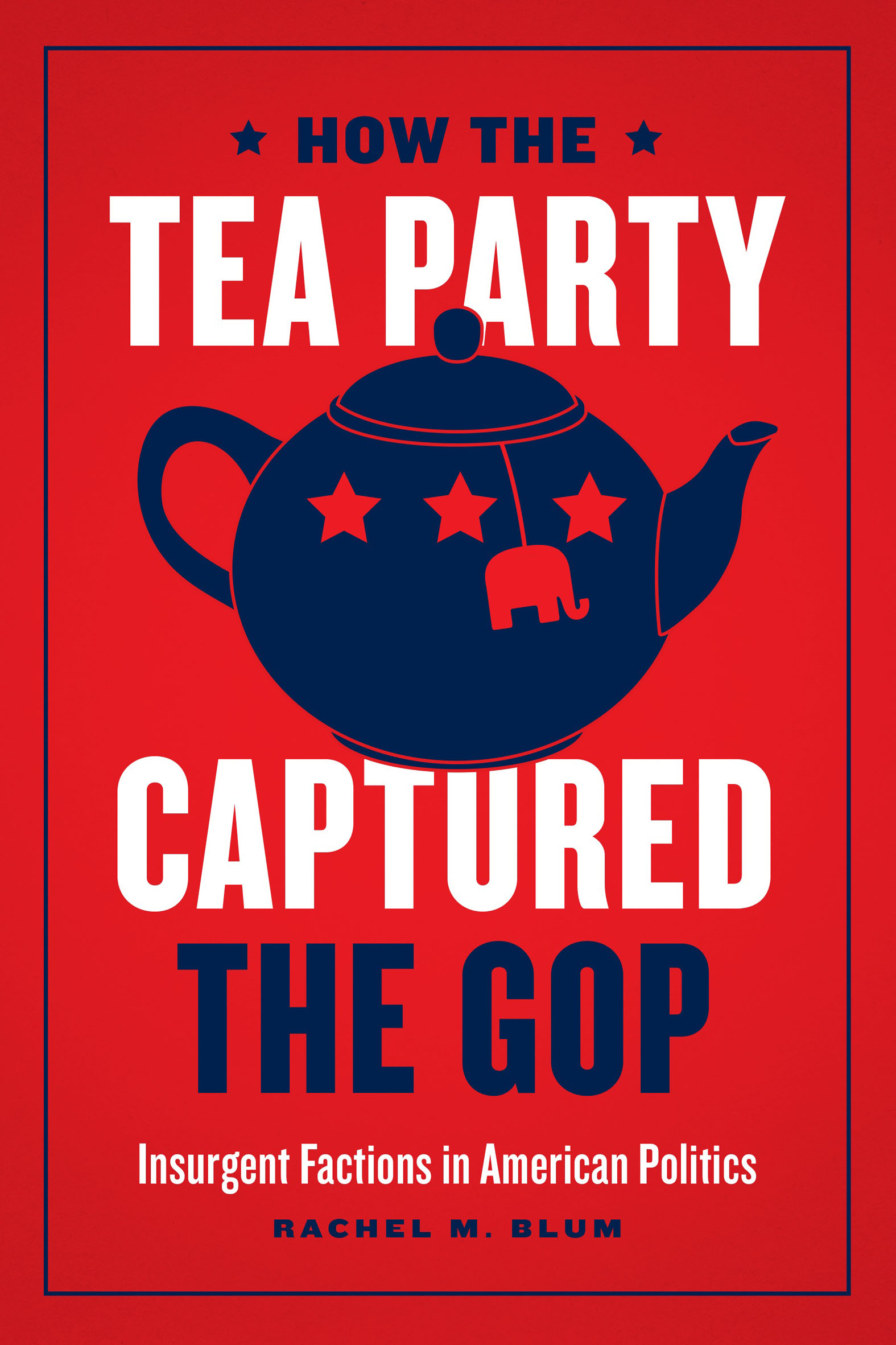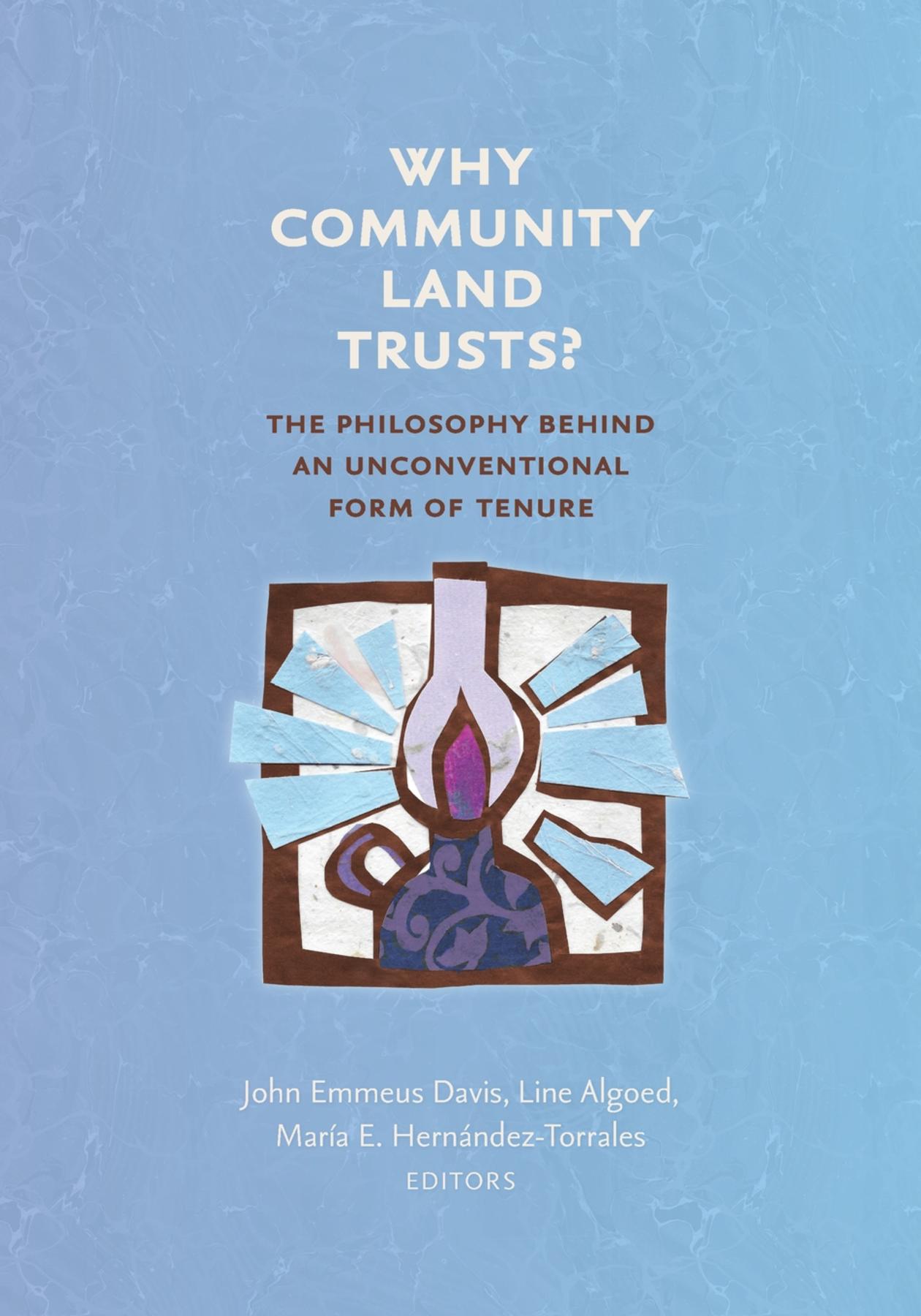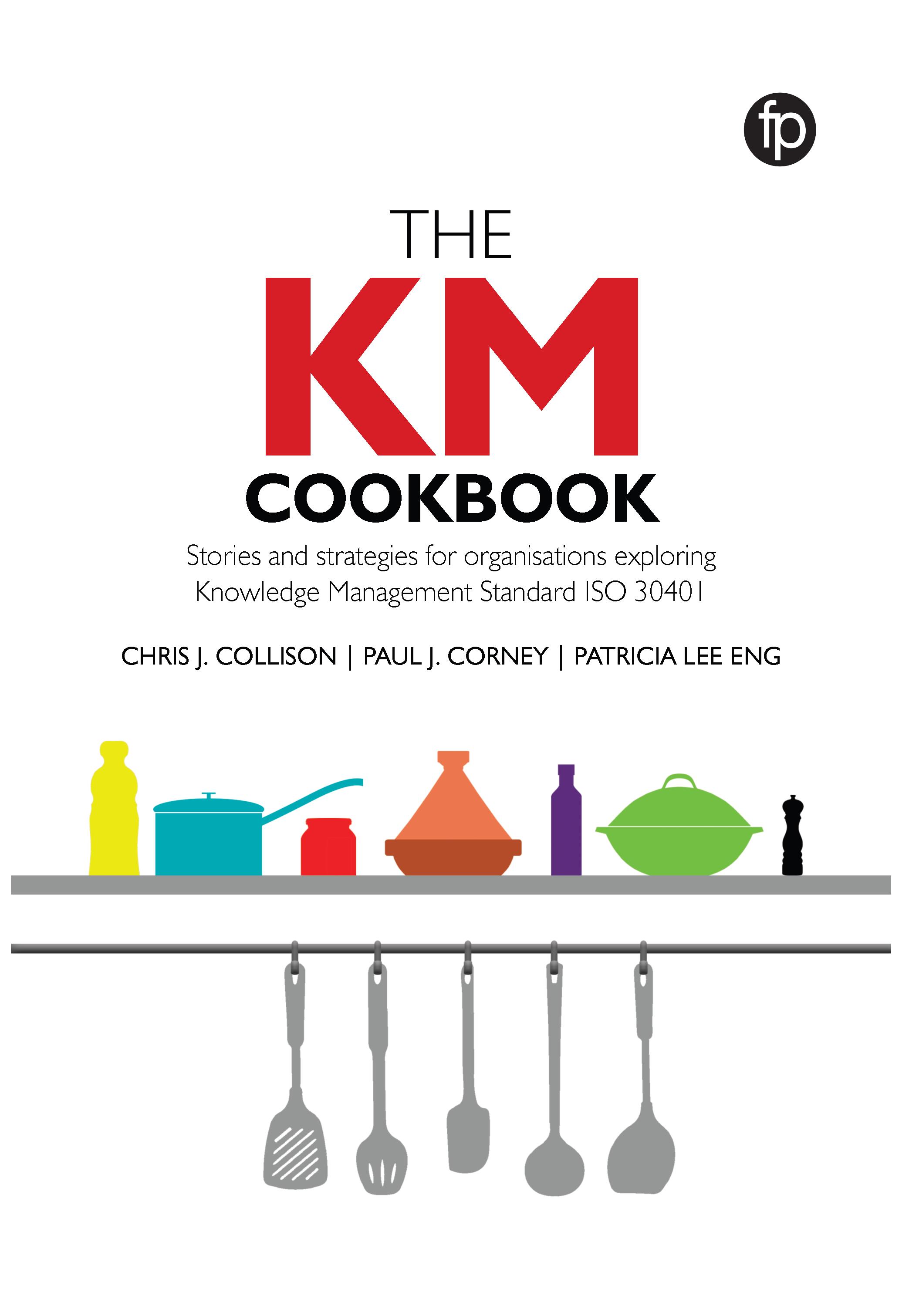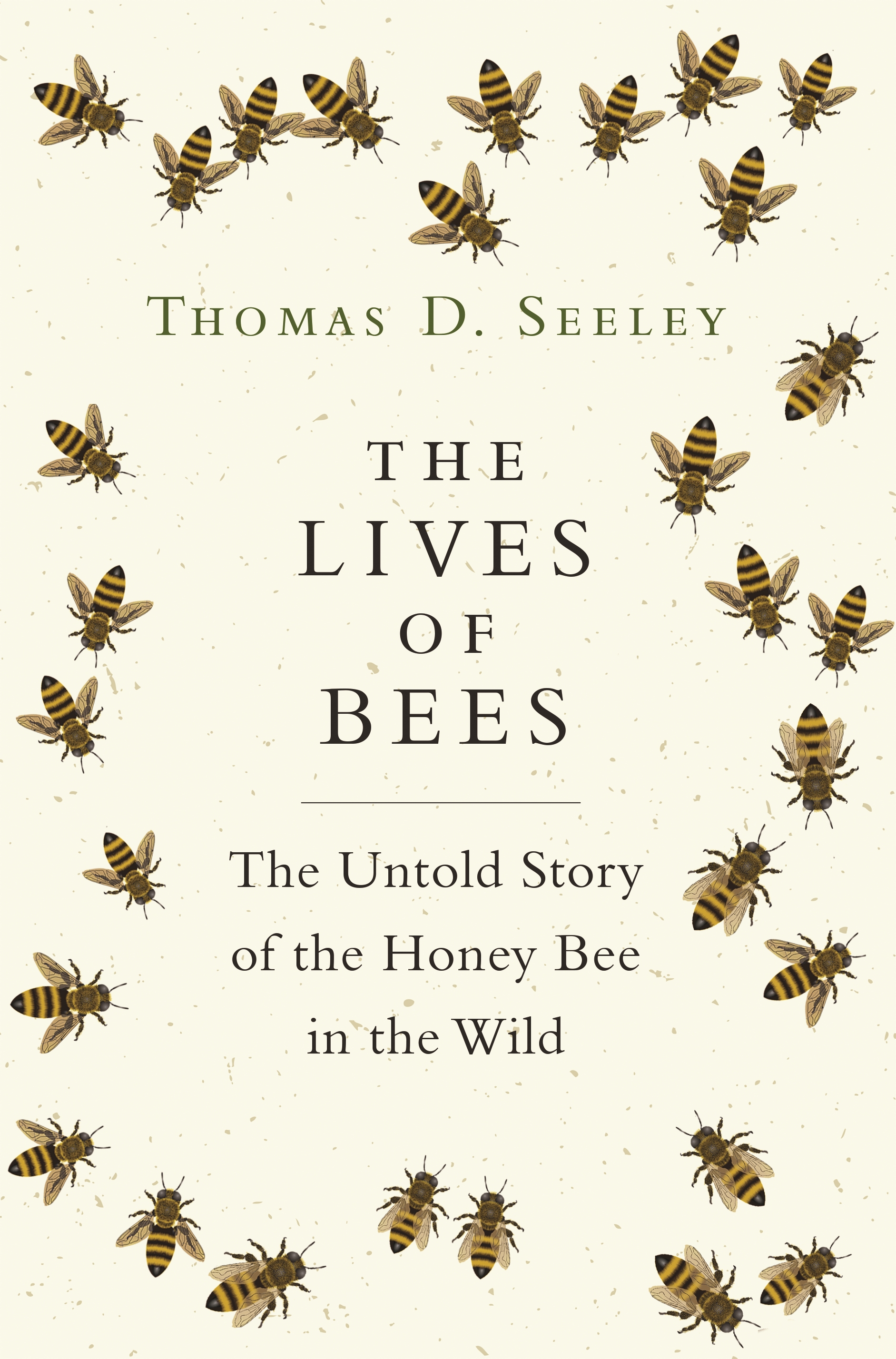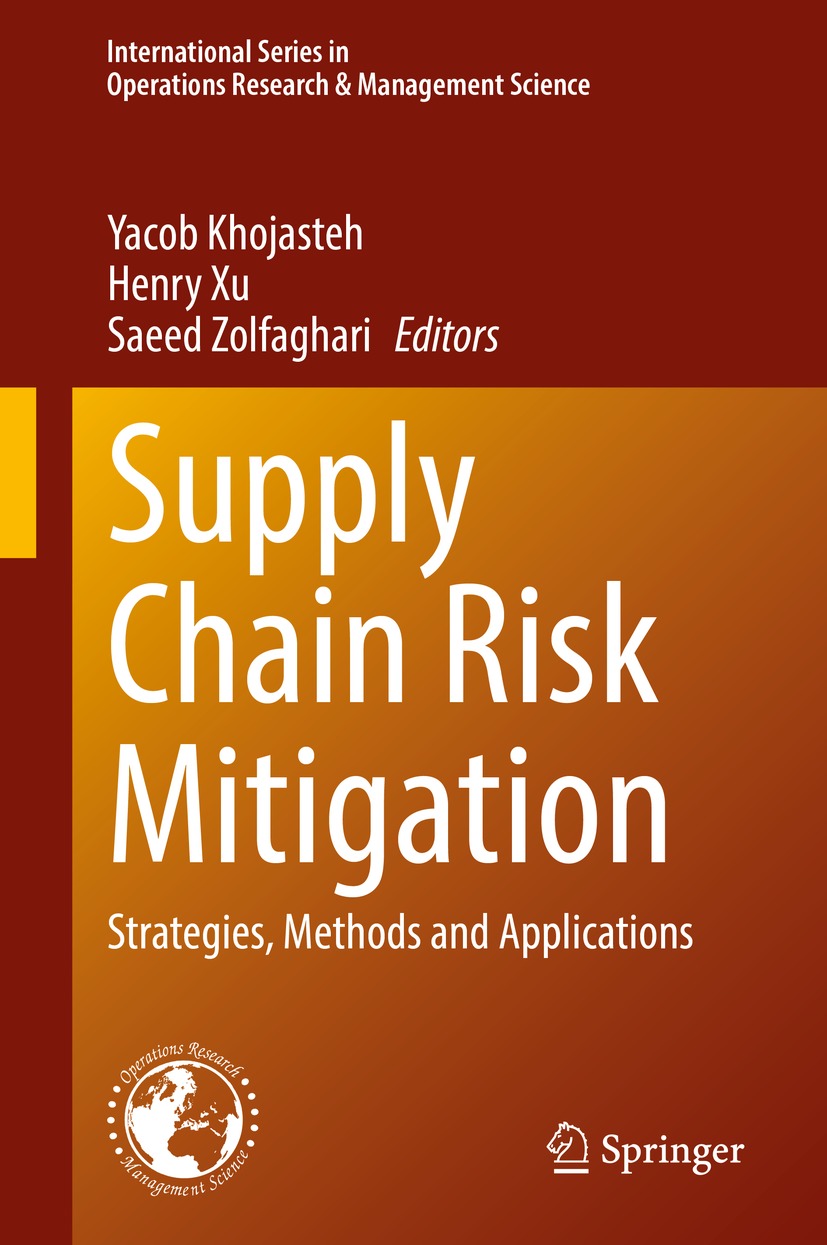Why is metacognition gaining recognition, both in education generally and in science learning in particular? What does metacognition contribute to the theory and practice of science learning? Metacognition in Science Education discusses emerging topics at the intersection of metacognition with the teaching and learning of science concepts, and with higher order thinking more generally. The book provides readers with a background on metacognition and analyses the latest developments in the field. It also gives an account of best-practice methodology. Expanding on the theoretical underpinnings of metacognition, and written by world leaders in metacognitive research, the chapters present cutting-edge studies on how various forms of metacognitive instruction enhance understanding and thinking in science classrooms. The editors strive for conceptual coherency in the various definitions of metacognition that appear in the book, and show that the study of metacognition is not an end in itself. Rather, it is integral to other important constructs, such as self-regulation, literacy, the teaching of thinking strategies, motivation, meta-strategies, conceptual understanding, reflection, and critical thinking. The book testifies to a growing recognition of the potential value of metacognition to science learning. It will motivate science educators in different educational contexts to incorporate this topic into their ongoing research and practice.


